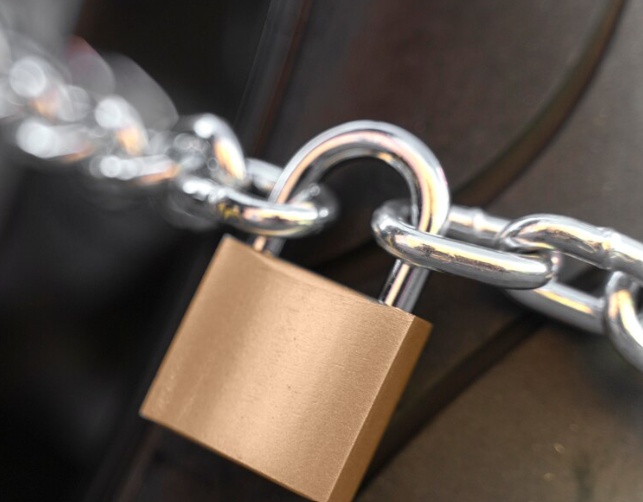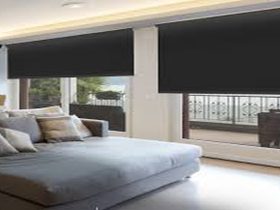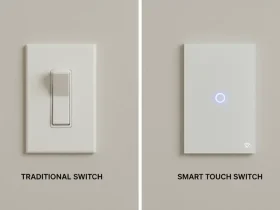Understanding your legal rights as a tenant or property owner is essential when it comes to managing who has access to your home. One common question people face is whether they can change the locks on someone who is not listed on their lease. The answer to this question depends on several factors, including your legal status as the tenant or property owner, the person’s relationship to you, and state or local laws governing landlord-tenant relationships. Let’s explore the circumstances where changing the locks may or may not be legal and the steps you should take to protect yourself legally.
1. Evaluating Your Legal Status
Before changing the locks, it’s important to understand your rights and obligations as either the tenant or property owner. If you are the tenant renting a property:
- Lease Agreement: Review your lease agreement carefully. Some leases contain specific clauses regarding who can stay in the unit and under what conditions. Changing the locks without permission from your landlord could violate the lease and lead to legal consequences, such as eviction or financial penalties.
- Tenant Rights: Tenants generally have the right to peaceful enjoyment of their rental space, which includes managing who has access to it. However, this right is balanced by the landlord’s authority to oversee the property, so it is crucial to act within the boundaries of the lease agreement and local laws.
If you own the property, your rights may be more straightforward. As the property owner, you have more control over who can access your home. However, even then, your ability to change the locks may be restricted by legal protections for individuals living in your property, especially if the person has established residency or some form of legal tenancy.
2. Relationship to the Person You Want to Lock Out
Another important factor is the relationship between you and the person you wish to remove. Depending on whether the individual is a guest, subtenant, partner, or family member, the legality of changing the locks can vary:
- Guests or Visitors: If the person is a guest who does not pay rent or contribute financially to the household, you are generally within your rights to ask them to leave. In most cases, you can change the locks if they refuse to leave, as they do not have tenancy rights. However, if the guest has been living with you for an extended period and receives mail at your address, they may have established residency, making the situation more complex.
- Roommates or Subtenants: If the person is a roommate or subtenant who is not listed on the lease but has been paying rent to you, they may have tenant rights under local laws. In such cases, you cannot simply change the locks without going through a formal eviction process. Many jurisdictions require landlords (and sub-lessors acting as landlords) to provide proper notice and, if necessary, file for an eviction through the court system.
- Partners or Family Members: If you are dealing with a partner or family member who has been living in the property, their rights may depend on whether they have established residency. In many states, even if someone is not listed on the lease, living together for an extended period can grant them legal rights. Changing the locks in this situation could be considered illegal, and the individual may have grounds to file a complaint against you.
3. Understanding Local and State Laws
Tenant and landlord laws vary significantly from state to state, so understanding your local regulations is critical. Some key points to consider include:
- Establishment of Residency: Many states define a person as a resident if they have lived at a location for a certain period, even if they are not on the lease. Factors such as receiving mail, paying utilities, or keeping personal belongings at the address may qualify someone as a resident, granting them certain rights.
- Eviction Process Requirements: If the individual has established residency, you may need to follow formal eviction procedures. This typically involves providing written notice (e.g., 30 days), explaining why the person must vacate, and filing an eviction complaint with the court if they refuse to leave. The court will then determine if the eviction is lawful before authorizing a lock change.
- “Self-Help” Eviction Restrictions: In most jurisdictions, landlords and property owners are prohibited from engaging in “self-help” evictions, which include changing the locks without legal authorization. If you change the locks without following the proper legal process, the person may be able to sue for wrongful eviction or damages.
4. Legal and Safe Steps to Take
If you are considering changing the locks, it is important to proceed cautiously to avoid legal consequences. Here are some recommended steps:
- Communicate with the Person: Before taking any drastic measures, communicate with the individual and request that they leave voluntarily. Sometimes, a direct conversation can resolve the situation without the need for legal intervention.
- Document Everything: Keep detailed records of your communications and any agreements or payments the person has made (if applicable). Documentation is vital if you need to demonstrate to a court that the person is not a legal tenant or that they have violated the terms of their stay.
- Provide Written Notice: If the individual refuses to leave, provide a formal written notice requesting that they vacate the property by a specific date. The notice should clearly state the reasons for the request and reference any violations, such as not being on the lease or overstaying their welcome.
- Consult Local Authorities or an Attorney: If the person still refuses to leave and you are unsure of your legal standing, consult a local attorney or housing authority. They can help you understand your rights and obligations under state law and advise you on the proper steps to evict the person legally.
- Follow Formal Eviction Procedures: If the person has established residency, you may need to file for eviction in court. This process includes serving the individual with a formal eviction notice, attending court hearings, and obtaining an official court order for eviction before changing the locks. Although time-consuming, this process ensures that you act within the law.
5. Exceptions and Special Circumstances
Certain situations may warrant immediate action or require additional legal considerations:
- Domestic Violence Situations: If the person poses a threat to your safety or well-being, you may be able to obtain a restraining order or protective order. In such cases, the court may grant you the right to change the locks immediately to protect yourself. Many states have laws that prioritize the safety of domestic violence victims, allowing them to change locks without the usual legal process.
- Abandoned Property: If the person has left the property voluntarily and appears to have abandoned their belongings, you may have the right to change the locks. However, you should check your state’s laws regarding abandoned property to ensure that you handle the situation legally and do not inadvertently dispose of someone’s belongings without following the proper procedure.
6. Conclusion
The ability to change the locks on someone who is not on your lease depends on a variety of factors, including their relationship to you, the length of their stay, and local or state laws regarding tenancy and eviction. Acting without understanding your legal obligations can lead to consequences, such as wrongful eviction claims or financial penalties.
If you find yourself in this situation, it is crucial to communicate with the person involved, document all interactions, and consult legal or housing professionals to guide you through the proper steps. By following the law and protecting your rights, you can manage your living situation effectively while avoiding potential legal complications.
This article was written by Unico Locksmith. Unico Locksmith is a local Maryland locksmith that specializes on commercial and residential lock change, re-key services, automotive locksmith service, and locksmith qualified emergency. Contact Unico Locksmith to get the best locksmith Silver Spring MD today!









